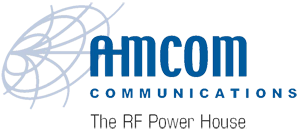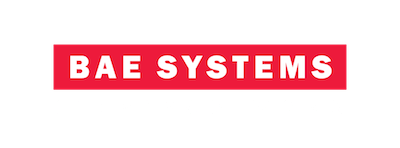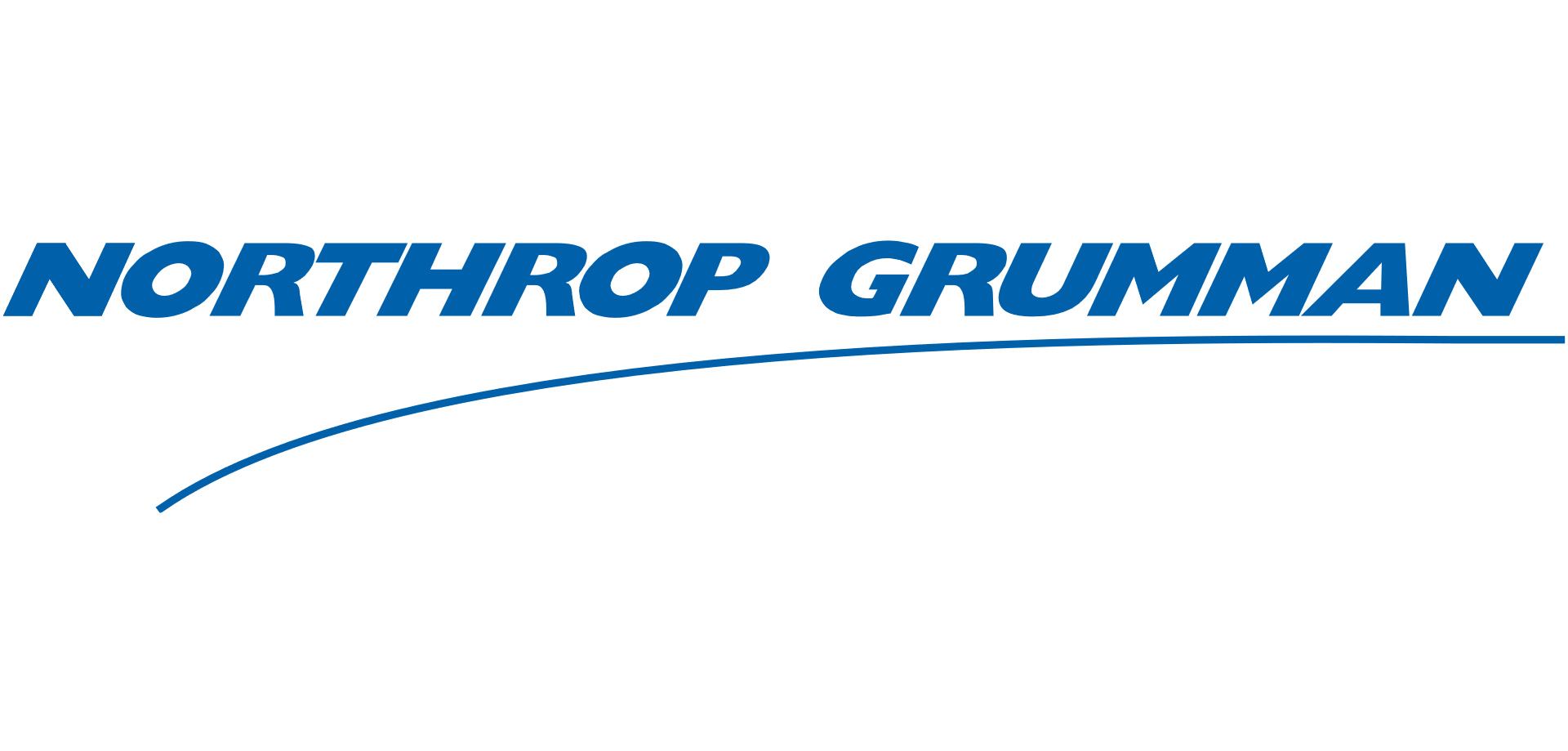News & Events (2017)

The MICS group had a dinner party with their families at Owens Hall on December 19, 2017, which is a MICS annual event. MICS people enjoyed an informal gathering with colleagues, friends, and families. Prof. Dong Ha (MICS Director) talked about the achievements of MICS in 2017 and major goals for the new year. Then, each MICS person shared a couple of pictures of his/her hobby. Paige Nelson and Brannon Kerrigan played trumpet to entertain the people. We wish a Happy New Year to the MICS people and their families!

Farooq Amin (advisor: Koh and Raman) successfully defended his Ph.D. dissertation entitled “Integrated Tunable Higher-Order LC Microwave Filters for Interference Mitigation” on November 30, 2017. His dissertation presents studies and implementation of tunable higher-order Q-enhanced LC filters at microwave frequencies for interference mitigation. Several parallel synthetic filtering techniques are proposed to realize higher-order bandpass filter, dual-band bandpass filter, and wideband band-reject filter along with varactor linearization scheme. The proposed topologies are demonstrated with 0.13 mm BiCMOS HBT technology. Farooq joined the MICS group after working for Intel, Oregon, and plans to join Northrop Grumman. We wish Farooq good luck in his industry career!

Dr. Samanta Roy, Vice President of Technology Strategy and Innovation at Lockheed Martin, and his delegates visited the MICS group on October 24. Dr. Roy’s team had lunch with three MICS students (Alante Dancy, Brannon Kerrigan and Nate Turner) and other students from CPES and the Hume Center who are receiving Lockheed Martin scholarships. Prof. Ha briefed an overview of the MICS group and research activities, then the team toured the MICS lab and viewed a few demonstrations. Dr. Roy and his delegates were very interested in the MICS research, especially high temperature RF circuits, which was funded by Lockheed Martin through MICS Industry Affiliated Program. Dr. Roy received a Ph.D. degree in aeronautics and astronautics from MIT. He also serves as a liaison with government and non-government organizations critical to the formation of science and technology policy and the execution of research. MICS always welcomes Lockheed Martin visits.

Over 30 MICS people, their families and friends, enjoyed beautiful fall foliage along the Appalachian Trail and/or dinner in the evening. They hiked McAfee Knob on October 14, which is an annual MICS event.
McAfee’s Knob is one of the most famous knobs along the entire Appalachian Trail, which spans over 3,000 miles. The overlook has a 270 degree panoramic view of the Catawba Valley, and is affectionately known as "the most photographed spot on the Appalachian Trail.” MICS people had dinner at The Homeplace restaurant after the hiking excursion. The Homeplace is the most famous restaurant in the region and serves southern cooking, family style. Prof. Ha concluded the event noting “We work hard, but enjoy life outside of work.” The next MICS fun event is the year-end dinner in December.
Northrop Grumman joins the MICS IAP (August 2017)

Northrop Grumman has joined the Industry Affiliates Program (IAP) of the VT Multifunctional Integrated Circuits and Systems (MICS) group as a principal member. The primary purpose of the MICS IAP is to establish close collaboration, technology transfer and student interactions between MICS and the Industry Affiliate partners.
Under the IAP program, Northrop Grumman and MICS will pursue a long term collaboration in the development of advanced RF/microwave/mm-wave integrated circuits, a common area of interest for Northrop Grumman, while advancing MICS research and student development.
The initial research project will be guided by Dr. Parrish Ralston, who received her B.S., M.S. and Ph.D. degrees from Virginia Tech in electrical engineering. Northrop Grumman’s IAP funding will initially support the work of MICS Ph.D. student Farooq Amin, who is being co-supervised by Prof. K.J. Koh and Prof. Sanjay Raman.
Northrop Grumman will also help guide the overall research direction of the MICS group through their participation on the MICS Advisory Board.
Yi joins MICS (August 2017)

Yang (Cindy) Yi and her team have joined the MICS group. Her research interests include Very Large Scale Integrated (VLSI) Circuits and Systems, High Performance Computing, Computer Aided Design (CAD), Artificial Intelligence, and Emerging Nano-device. During the summers of 2014, 2015, and 2016, Yi was a United States Air Force (USAF) Faculty Fellow, investigating brain-inspired computing and wireless communication and security. Yi received the 2016 Best Paper Award for the IEEE Global Communications Conference, and was a Best Paper Award Finalist for the 2017 ACM Great Lakes Symposium on VLSI and the 2017 IEEE International Symposium on Quality Electronic Design. Yi received the 2016 Miller Professional Development Award for Distinguished Research and the 2015 National Science Foundation's Established Program to Stimulate Competitive Research (EPSCoR) First Award. She serves as an editorial board member for several international journals.
The addition of Yi and her group (Hongyu An, Kangjun Bai, Kian Hamedani, Jialing Li, Chenyuan Zhao) into MICS will benefit the MICS group immensely through the expansion of the scope of MICS research and synergy in research activities. It is a major milestone for the MICS group to advance to the next level. Welcome on board, Prof. Yi and your team.
Jebreel Salem defended a Ph.D. dissertation and plans to join industry (August 2017)

Jebreel Salem (advisor: Ha) successfully defended his Ph.D. dissertation entitled “A High Temperature RF Front-End of a Transceiver for High Speed Downhole Communications” on August 15, 2017. His dissertation research focuses on RF front-end circuits and a system for oil and gas downhole communications. The system supports up to six tools and achieves 20 Mbps per tool for uplink with bit error rate (BER) less than 10-6. The RF front-end is designed and prototyped using GaN on SiC devices. The measured results show reliable operation of the transceiver at temperatures up to 230 oC. His research pioneered high temperature RF circuit design and is the first one to report in open literature. Jebreel joined the MICS group after a BS degree from Bani-Walid, Libya, and plans to join Halliburton. We wish Jebreel good luck in his industry career!
Ha is awarded with a research project from NSF to investigate energy harvested security (June 2017)

Prof. Ha (Co-PI), along with Prof. Patrick Schaumont (PI), have been awarded an NSF grant for their project on “Energy-harvested Security for the Internet of Things” in collaboration with Chao Wang with University of Southern California. The goal of this project is to show how energy-constrained devices can support secure and full Internet connectivity. Prof. Ha’s team will develop a prototype to harvest solar, vibration, and thermal energy, which will power a microcontroller for security related computations. Prof. Ha plans to recruit a Ph.D. student dedicated to this research. This is a four-year award with a total amount of $1.2M, and VT’s share is $850K.
Erick Aponte defended an MS thesis and continues for Ph.D. study (June 2017)

Erick Aponte (advisor: Ha) successfully defended his MS thesis entitled “A Study on Energy Harvesters for Physical Unclonable Functions and Random Number Generation” on June 23, 2017. His thesis presents experimental studies of piezoelectric transducers, thermoelectric generators, and solar cells for the realization of transducer based physical unclonable functions and random number generators for data security keys. The transducers underwent a series of tests to analyze their reproducibility of electrical responses and intrinsic noise generation capabilities. Measurement results show that piezoelectric transducers are promising candidate for physical unclonable functions due to a inherent high reproducibility rate. Statistical analysis demonstrates that all three transducers are capable of generating random noise essential for random number generation. Erick received a BS degree from the University of Massachusetts Amherst, and will continue for Ph.D. study at North Carolina State University. We wish Erick good luck on his Ph.D. study!
Sadia Afroz defended a Ph.D. dissertation and plans to join industry (June 2017)

Sadia Afroz (advisor: Koh) successfully defended her Ph.D. dissertation entitled “Power Efficient Transmit/Receive (T/R) Element for Integrated mm-Wave Phased Arrays” on June 15, 2017. Her dissertation presents studies on low power phase shifting architectures for large-scale phased arrays at high-end mm-Wave frequencies for the applications in high data-rate long-range wireless communications, imaging systems, and mm-Wave radar sensors. Her research proposes a low loss power mode vector modulator type phase shifting subsystem which is implemented in T/R elements at W-band (90-100 GHz) and D-band (120 GHz) using 0.13 μm SiGe BiCMOS process. The proposed T/R architecture achieves low power dissipation and high efficiency compared with state-of-the-art phased arrays at mm-wave frequencies. Sadia joined the MICS group after a BS degree from Bangladesh University of Engineering and Technology (BUET), Bangladesh, and plans to join Qualcomm. We wish Lisa good luck in her industry career!
Her dissertation presents studies on low power phase shifting architectures for large-scale phased arrays at high-end mm-Wave frequencies for the applications in high data-rate long-range wireless communications, imaging systems, and mm-Wave radar sensors. Her research proposes a low loss power mode vector modulator type phase shifting subsystem which is implemented in T/R elements at W-band (90-100 GHz) and D-band (120 GHz) using 0.13 μm SiGe BiCMOS process. The proposed T/R architecture achieves low power dissipation and high efficiency compared with state-of-the-art phased arrays at mm-wave frequencies. Sadia joined the MICS group after a BS degree from Bangladesh University of Engineering and Technology (BUET), Bangladesh, and plans to join Qualcomm. We wish Lisa good luck in her industry career!
Dongseok Shin defended a Ph.D. dissertation and plans to join industry (May 2017)

Dongseok Shin (advisor: Koh) successfully defended his Ph.D. dissertation entitled “Study on Frequency Locking Techniques Based on Envelope Detection for Injection-Locked Signal Sources” on May 25, 2017. His dissertation presents studies of frequency generation techniques based on envelope detection for low-phase-noise signal generation using injection-locked frequency multipliers. Several calibration techniques using envelope detection are proposed to solve conventional problems in injection locking. The proposed topologies are demonstrated with 0.13 mm CMOS technology. Dongseok joined the MICS group after an MS degree from Korea University, Korea, and plans to join Intel. We wish Dongseok good luck in his industry career!
Ha was invited for a talk at University of Maryland, Baltimore County (May 2017)

Prof. Subum Lee, Professor and Director of Energy Harvesting & Design Optimization Lab, University of Maryland, Baltimore County (UMBC), invited Prof. Ha for a talk as the ME department seminar series. Prof. Ha visited UMBC on May 15, 2017, and talked about his research on power management IC design for piezoelectric energy harvesting. Researchers from Korea Railroad Research Institute (KRRI), who were visiting UMBC, also attended his talk. His talk was well received, and drew active discussions during the Q&A session. After the talk, Prof. Ha discussed possible research collaborations with Professor Lee’s group and KRRI. He also took the opportunity to meet Julia Ross, Dean of College of Engineering and Information Technology, who will join Virginia Tech in July as Dean of College of Engineering.
Three MICS graduate students take summer internship (May 2017)

Internship provides a great opportunity to gain real world experiences and to develop industry contacts. It is also helpful for students looking for permanent jobs in industry. The following MICS graduate students are working as summer interns in this summer.
- Alante Dancy (Advisor: Ha), Northrop Grumman in Baltimore, Maryland, “Power Converter Design”
- Brannon Kerrigan (Advisor: Ha), Lockheed Martin in Moorestown, New Jersey, “RF Circuit Design”
- Nate Turner (Advisor: Ha), Lockheed Martin (Space Systems) in Littleton, Colorado, “RF Engineering"
MICS hiked to Cascade Falls and enjoyed a cook out (April 2017)

MICS people enjoyed hiking along Little Stony Creek to Cascade Falls and cook out on April 29. Cascade Falls in Jefferson National Forest is one of the most beautiful waterfalls in Virginia and possibly on the entire East Coast. Several streams cascade on the way down while others fall the whole distance of the falls. MICS people cooked out at the state park after the hike. They enjoyed the beauty of sprouting trees and wild flowers of spring as well as foods, drinks, and, equally as important, the relaxed atmosphere at the end of the spring semester. MICS people work hard, but remember there is life outside of work!
Ben Conlon defended an MS thesis and plans to join industry (April 2017)

Benjamin Conlon (advisor: Lester) successfully defended his MS thesis entitled “Solving Series Resistance Problems in GaSb Thermophotovoltaics with Graphene and Other Approaches” on April 28, 2017. Photovoltaics (and Thermophotovoltaics) using GaSb are limited in their behavior by challenges involved with manufacturing them. Ben investigated these issues, namely, the characteristic resistances, by modifying aspects of the production process. He was able to add additional metal to the devices as well as apply graphene to these GaSb cells using a novel transfer process to improve their resistance characteristics and overall cell behavior. Ben joined the MICS group after a BS degree from Virginia Tech and plans to join Hisense Broadband. We wish Ben good luck in his industry career!
13 Guests from companies and agencies attended the fifth MICS Day (March 2017)

The MICS group held its fifth MICS Day jointly with Center for Embedded Systems for Critical Applications (CESCA) of the ECE Department. Total 13 guests from 10 different companies and agencies attended MICS/CESCA Day on March 7, 2017. The event started with social drinks and dinner the night before, where all the guests and the MICS and CESCA faculty enjoyed an informal gathering. MICS/CESCA day was an all-day event that gave an opportunity for faculty and students of the two groups to present their research activities and for guests to introduce opportunities and research needs of their companies and agencies.
Mr. Nafiz Karabudak of Lockheed Martin delivered a keynote speech regarding global advanced technology and R&D programs. Ten MICS and CESCA faculty members and 46 students made oral and poster presentations, respectively, and ten industry people presented activities of their companies and agencies. MICS/CESCA Day concluded with a tour of the MICS, CESCA and other ECE labs for the guests. A list of companies that attended MICS day is as follows; Analog Devices, BAE Systems, CISCO, Halliburton, IITP, Intel, Kollmorgen, Linear Tech, Lockheed Martin, Nuvotronics. MICS/CESCA day was highly successful, and the guests were impressed with the research achievements of the two research groups.
Karabudak with Lockheed Martin is the Keynote speaker for MICS Day 2017 (February 2017)

MICS holds the 5th annual MICS Day on March 7, 2017. in which Mr. Nafiz Karabudak is the Keynote speaker. Mr. Nafiz Karabudak is a corporate global science & technology manager responsible for development and management of global advanced technology and R&D programs for Lockheed Martin. He provides leadership by building strategic global R&D partnerships and developing technology programs with universities, small businesses, and R&D labs. Mr. Karabudak has expertise in the areas of space systems & satellite payloads, missile electronics, radars, microelectronics, and unmanned systems.










